-
×
 You Are Too Gifted To Be Poor
1 × ₦2,000.00
You Are Too Gifted To Be Poor
1 × ₦2,000.00 -
×
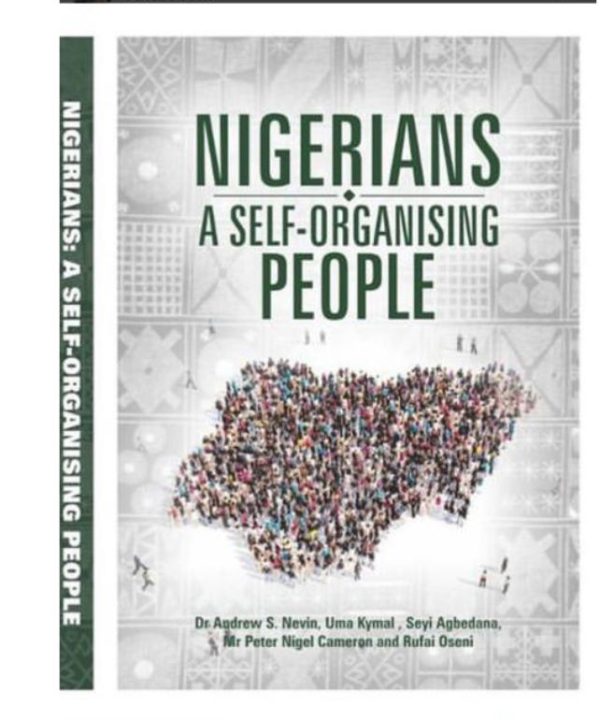 NIGERIANS: A Self-Organising People
1 × ₦5,000.00
NIGERIANS: A Self-Organising People
1 × ₦5,000.00 -
×
 Black and British: A Forgotten History
1 × ₦20,000.00
Black and British: A Forgotten History
1 × ₦20,000.00 -
×
 Getting Mentorship Right
4 × ₦5,000.00
Getting Mentorship Right
4 × ₦5,000.00 -
×
 A Petty Trader Driven By Purpose: A Biography of Mofopefoluwa Joseph, FRM
1 × ₦8,000.00
A Petty Trader Driven By Purpose: A Biography of Mofopefoluwa Joseph, FRM
1 × ₦8,000.00 -
×
 Liberating Nigeria: A Guide to Winning Elections and Reviving Our Country
1 × ₦3,500.00
Liberating Nigeria: A Guide to Winning Elections and Reviving Our Country
1 × ₦3,500.00 -
×
 Drive: The Surprising Truth About What Motivates Us
2 × ₦15,500.00
Drive: The Surprising Truth About What Motivates Us
2 × ₦15,500.00 -
×
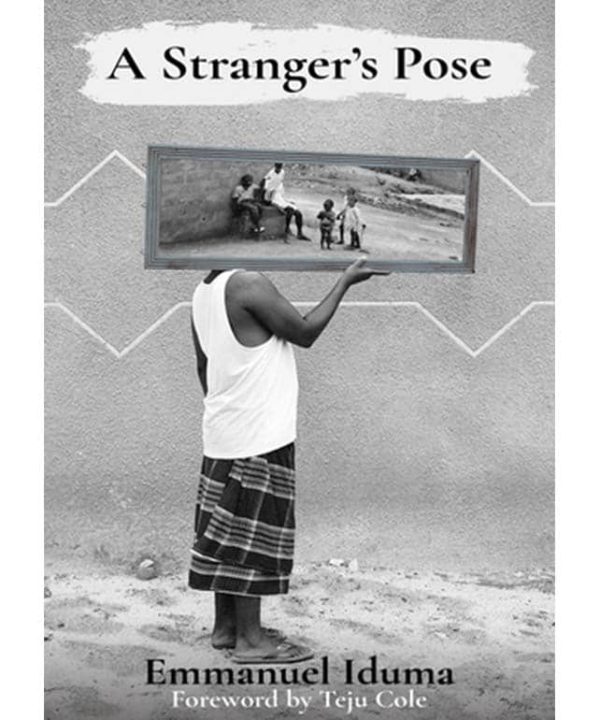 A Stranger's Pose
1 × ₦9,000.00
A Stranger's Pose
1 × ₦9,000.00 -
×
 The Sun and Her Flowers
1 × ₦19,000.00
The Sun and Her Flowers
1 × ₦19,000.00 -
×
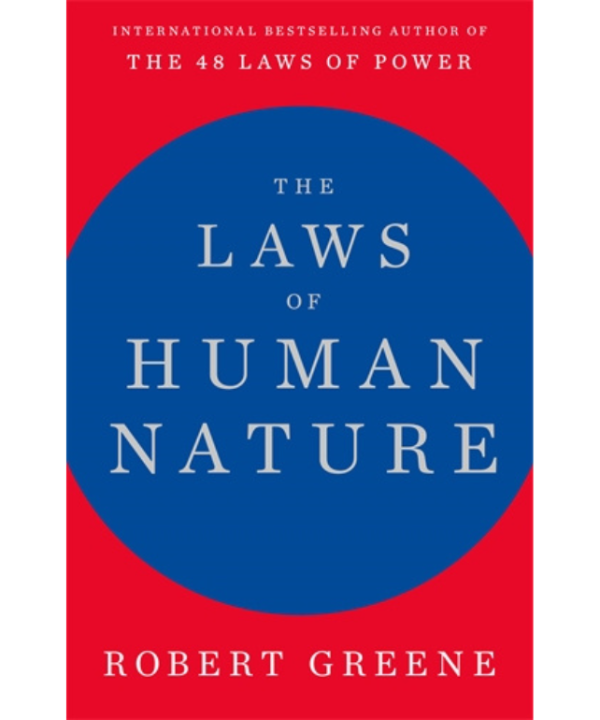 The Laws of Human Nature
1 × ₦27,500.00
The Laws of Human Nature
1 × ₦27,500.00 -
×
 The Islamic State in Africa: The Emergence, Evolution, and Future of the Next Jihadist Battlefront by Jason Warner (Author), Ryan Cummings (Author), Héni Nsaibia (Author), Ryan O'Farrell (Author)
1 × ₦14,000.00
The Islamic State in Africa: The Emergence, Evolution, and Future of the Next Jihadist Battlefront by Jason Warner (Author), Ryan Cummings (Author), Héni Nsaibia (Author), Ryan O'Farrell (Author)
1 × ₦14,000.00 -
×
 Hit Refresh: The Quest to Rediscover Microsoft's Soul and Imagine a Better Future for Everyone
1 × ₦15,000.00
Hit Refresh: The Quest to Rediscover Microsoft's Soul and Imagine a Better Future for Everyone
1 × ₦15,000.00 -
×
 Values: The must-read book on how to fix our politics, economics and values
1 × ₦6,000.00
Values: The must-read book on how to fix our politics, economics and values
1 × ₦6,000.00 -
×
 The Vanishing: The Twilight of Christianity in the Middle East
1 × ₦8,000.00
The Vanishing: The Twilight of Christianity in the Middle East
1 × ₦8,000.00
You may be interested in…
-
Add
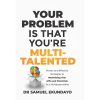 Your Problem is That You're Multi-talented
₦5,000.00
Your Problem is That You're Multi-talented
₦5,000.00 -
Add
 Purpose in Crisis
Rated 5 out of 5₦5,000.00
Purpose in Crisis
Rated 5 out of 5₦5,000.00



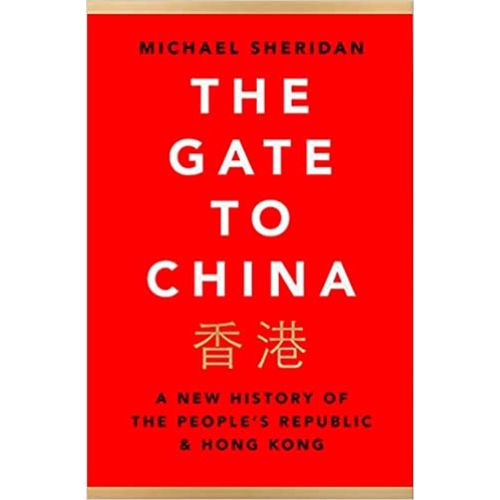



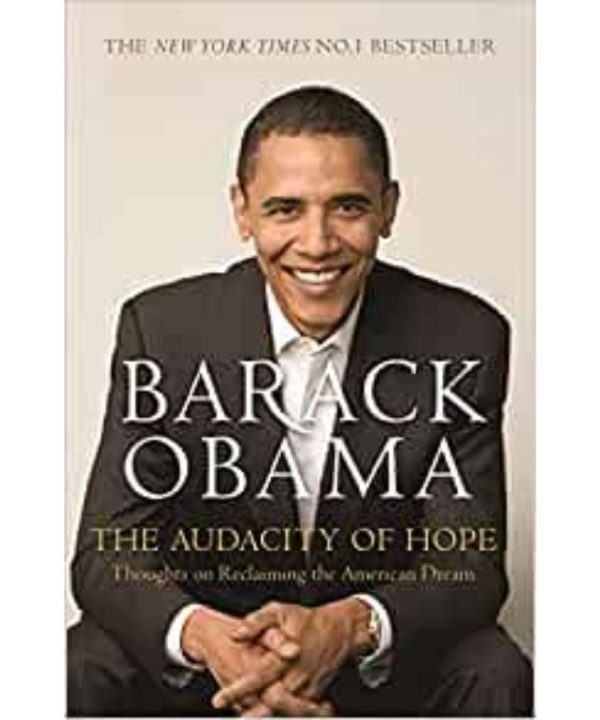

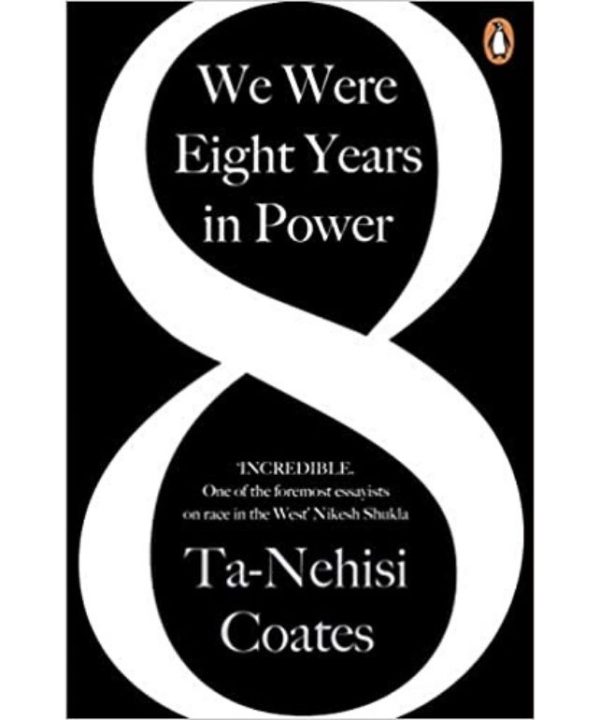
Reviews
There are no reviews yet.